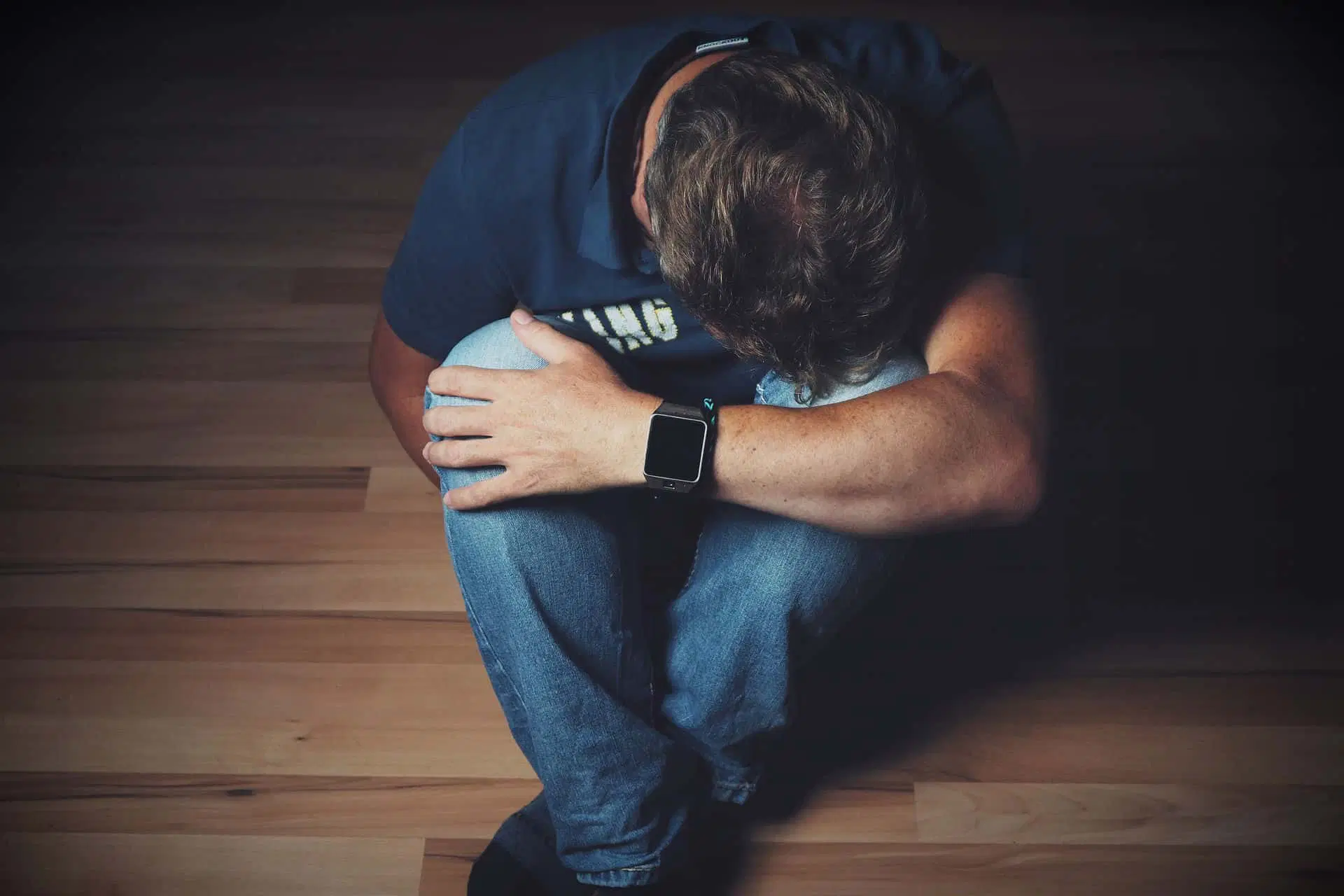Now Reading: What Makes Life Feel Wasted
-
01
What Makes Life Feel Wasted
What Makes Life Feel Wasted

Many people reach a point where they look back and feel life slipped away without much meaning. This sense of waste is not always about failure but about missed chances, unfulfilled dreams, and routines that consumed years. In Tier-2 cities too, where daily life often follows set patterns, this feeling can quietly grow over time. Understanding what leads to this regret can help people make choices that add more value to their lives.
One of the biggest reasons is living without clarity of purpose. When days are spent only on survival or following what society expects, people often feel they never got to live life on their own terms. Over decades, this creates a gap between what they wanted and what they actually did.
Another factor is time lost to distractions. Hours spent on scrolling, gossip, or meaningless entertainment may feel harmless in the moment but add up to years that could have been invested in growth, learning, or building memories.
Relationships also shape this feeling. Investing energy in toxic circles or neglecting close bonds often leaves people regretting that they valued the wrong connections. Many realise late that genuine companionship mattered more than social approval.
Financial habits contribute as well. Not saving, overspending, or delaying investments can leave people struggling in later years, with regret that they didn’t plan when they had the chance.
Health is another silent cause. Ignoring small routines like exercise or diet leads to long-term problems, and the regret is not just about illness but about missing the energy to live fully.
In the end, life feels wasted not because of a single wrong choice but because of repeated patterns that drain time and opportunity. Recognising these patterns early and making small shifts—whether in purpose, time, relationships, or health—can prevent decades of regret. Life may be limited, but awareness ensures it does not have to feel wasted.

























